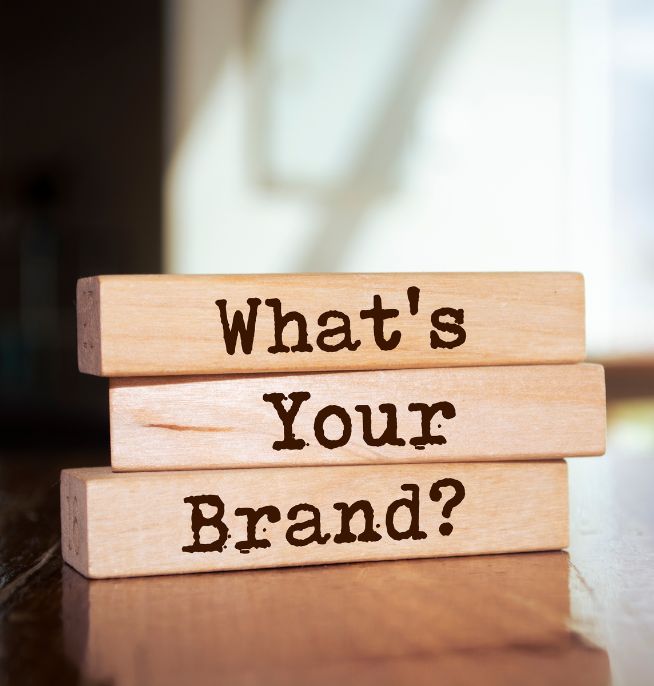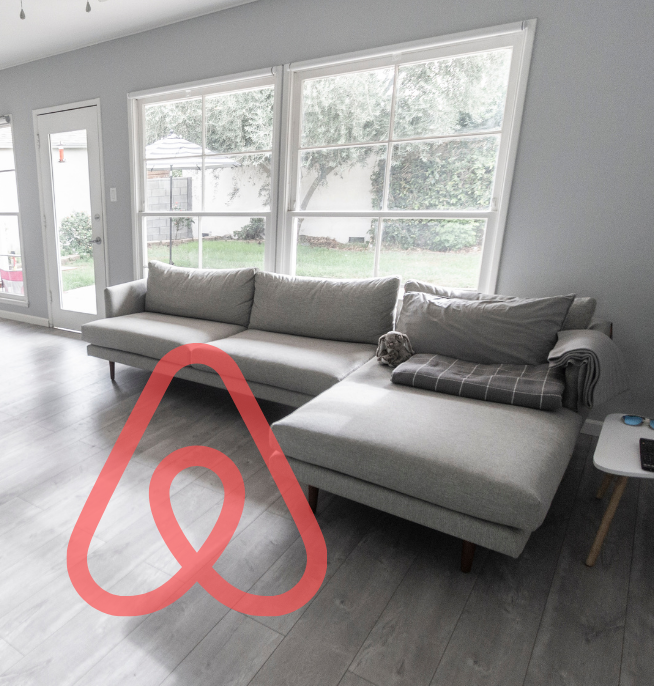Building a personal brand is a hot topic online. Forbes is talking about how to build an awesome personal brand, Inc.com is pushing the steps to building a personal brand going so far as saying that ‘it’s vitally important to stay competitive’. With all the hype, it seems to be the thing to do and some would have you believe building a personal brand is the only road to success (I wonder what they’re selling).
Yet at the same time as all this hype, I'm speaking to more and more people who want to spend less and less time on social media. It got me thinking about whether you can build a wildly successful business without building a personal brand. Here’s my take on it.
You don’t need a personal brand
If like myself you don't feel that you have a larger-than-life personality, you're rather quiet or private, maybe somewhat introverted, then the mere thought of building a personal brand fills you with dread. I believe that, even in this age of influencers and personal branding, the perception that you need a personal brand is wrong.
I know it is because I started and ran a successful agency business without a personal brand. And even the gurus like Neil Patel (who's name is Googled nearly 50,000 times per month) wish they had never built their businesses on their personal brand.
If I say Apple or Tesla, yes Steve Jobs and Elon Musk may come to mind. But what about Coca-Cola, American Express and Costco?
You didn’t think of any one person, did you?
Let’s think about the Fortune 500 list and the biggest brands on earth, how many of them exist with great success versus the number of equally successful personal brands you can think of?
Going back to Apple briefly, Steve Jobs was undoubtedly a visionary and since his passing Apple’s stock dropped then regained roughly fourfold.
To add one more case to my position that you don’t need a personal brand to build a wildly successful business, GitHub sold out to Microsoft for $7.5 billion. Have you even heard of GitHub never mind who the founders are?
Do you want a personal brand?
Ok, let’s get the advantages of building a personal brand out the way. Sorry, I just can’t because there’s enough out there pushing this on businesses with enough to worry about as it is. Of course, if you enjoy being selectively famous, if it helps you to attract opportunities, you love networking, sharing your personal stories is second nature and if it helps you to sell then that’s great for you. Do it, get to it or keep building that personal brand.
But please pause for one moment. I wouldn’t be a good business coach if I didn’t ask a few questions of you before you embark on building your personal brand. So here goes.
Why do you want to build a personal brand?
Are you an author, or speaker or launching something that requires positioning your expertise? Clarify what you want your personal brand to do for you and get clear on your why. Otherwise, it’s going to be a slog.
What are you willing to spend to build your personal brand?
There is a cost to building a personal brand, not only in time and money but energy. You have to go all in, it will test your metal, test your patience and open you up to things that I might describe as the hidden costs of having a personal brand. Are you willing to pay the price for the warts and all?
Do you want to grow, scale and eventually sell your business?
Will having the business and its success tied to your name help or hinder your future plans to scale or sell your business? Do you wish to grow beyond yourself, do you want to be always on and performing in the name of creating your personal brand?
What are you selling and does it truly require a personal brand?
You don’t need to build a personal brand to sell, no one needs to. Yes, it’s your job to let people know about the things you sell and there are a multitude of ways of doing that without a personal brand. So what is the payoff of doing it with a personal brand and is it wholly, entirely necessary?
Depersonalising the Personal Brand
Having a business brand that’s not intrinsically tied to a personal brand can provide resilience and longevity. Important in this cancel culture is it not? A brand that transcends personality or personal presence can minimise risk and is scaleable.
For some entrepreneurs and creators, the initial path to success relied on cultivating their personal brand and following. Many reach a point where it makes sense to transition to a business brand. If you don’t believe me, here are some examples.
Michael Hyatt built a massive personal brand as a leadership author and speaker. But then evolved into the Hyatt Group business with distinct brands and products like Full Focus Planner.
Jenna Kutcher started as a blogger/influencer cultivating a huge personal brand and following for her photography/entrepreneurial content. But as her business Kutcher Collective grew, she purposefully evolved it to be more of a separate brand.
Pat Flynn is the personal brand guru behind Smart Passive Income. As his company grew into more products/services, they created separate businesses like FlynnCon that aren't explicitly tied to his personal brand.
Some entrepreneurs and companies straddle the line, using personalities to give a human face to the brand while keeping the business itself as the core brand. Maintaining a semi-attached brand could be a hybrid solution to the conundrum.
Marie Forleo's personality is deeply intertwined with her branding and marketing. But B-School is also a distinct business brand not solely reliant on her personal brand.
For some businesses, moving away from an overreliance on the founder's personal brand can be a natural evolution as the company scales beyond being a personal platform, a passion project or a 'one-person-band.' For others, it may come down to a strategic decision relating to your end goal which may be to exit or to sell the business for example.
There are industries such as businesses in coaching, consulting or those very personality-driven may have challenges in depersonalising and not losing their core appeal. Where there is a will, there is a way.
There's no one-size-fits-all all approach and I'm not dead against building a personal brand. Understanding what is right for you is more important than anything else. Embarking on creating a personal brand when it's not something you truly desire will create tremendous internal friction. Whether you do or don't want a personal brand, the choice is yours.
Business growth without a personal brand
Luckily for my clients, we work on what their values are and how those are embodied into their brand be it personal or business. Having well-rounded strategies for growth that encompass proven processes, case studies and dozens of marketing strategies that don’t rely on social media means it’s entirely possible to build a wildly successful business without a personal brand.
If you’d like to find out more, check out the Nail It & Scale It® container and feel free to get in touch for a chat about building your wildly successful business.
PS. Work With Sian is my personal brand in a sense. While I don’t have crazy plans to scale it, I do however have grand plans for the Growth Code®.



